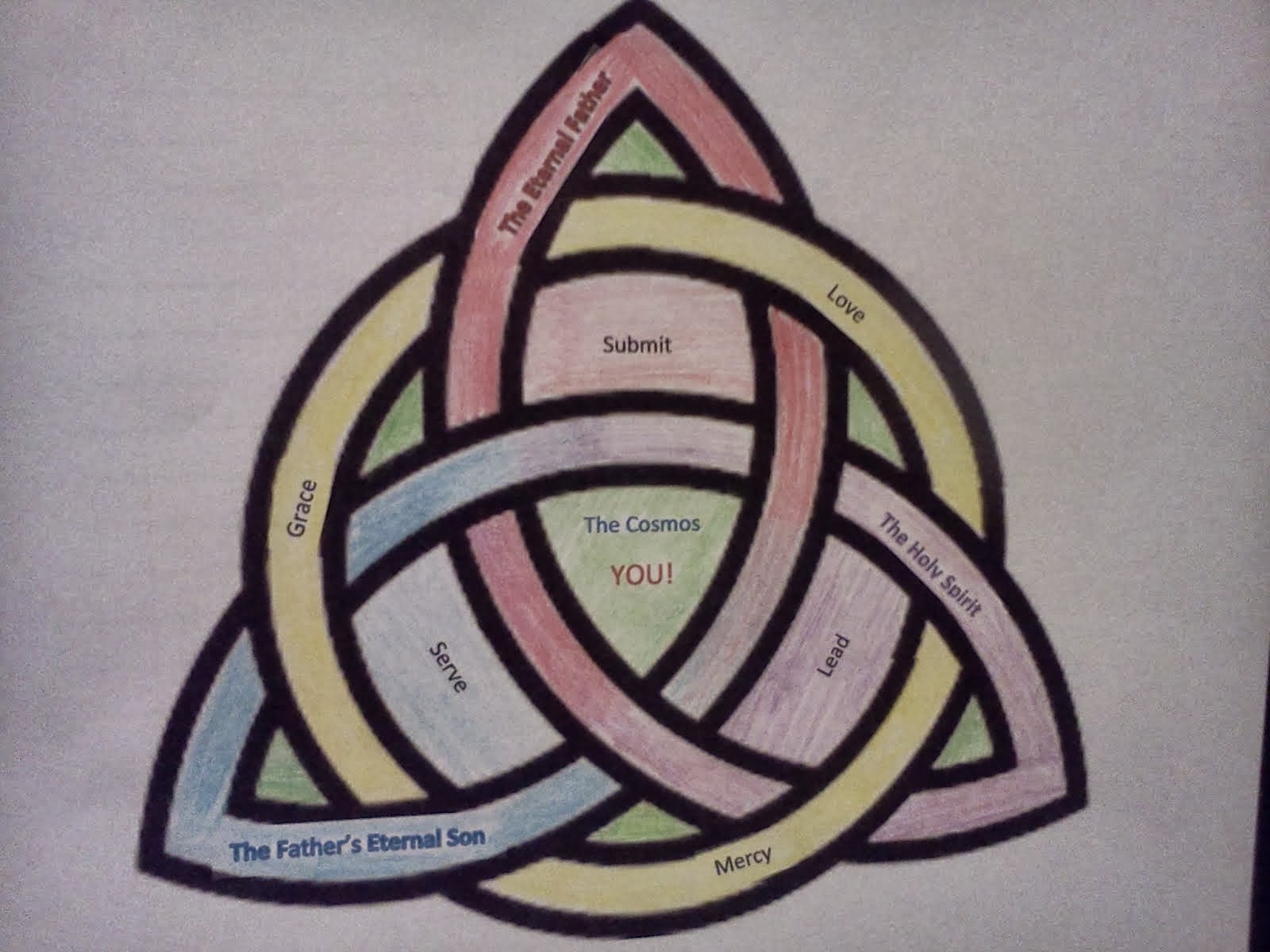Day 39 Balancing Your Life
Balance is about remembering who you are and what you’re supposed to be doing right now. It is about understanding God’s purpose and what drives God—in order to understand your purpose and what drives you. It is knowing that in the midst of temptation, God always provides a way out—if you will look for it!
And so balance is about being in covenant with God and faithfully keeping covenant with God. God always does his part—we must do our part. If we don’t, we will lose our balance and fall.
Learning to ride tandem with the Holy Spirit has shown us the importance of balance. Life on a carrier in the open sea requires balance, too. Without balance, even the most seasoned member of the crew can stumble and fall. That’s why there are handles and railings in reach everywhere—so there is always a way to steady yourself when the water gets rough or when you’re getting tired.
Let’s end our imaginative life on the carrier HESED with one more peek at the life of her crew. How do they keep their balance? Let’s sit in on a training class for some of the newer members of the crew—after they’ve been on board long enough to hit a bump or two. Feel free to take notes as the instructor covers these three balance-related topics.
Some individuals rescued from the water prefer to stay in the S&R craft instead of boarding the carrier. While this is discouraged, no one is to be forced to board the carrier. Every effort is made to encourage further processing.
This can become a problem for the crew of the S&R craft, as they are not prepared to meet the long-term needs of these individuals.
The crew are encouraged to receive special training in order to learn how to encourage prompt boarding of the carrier.
Some individuals, even after boarding the carrier, do not complete their processing through to initiation. They may still attend all training classes and observe all service stations—participating in most. They may not, however, be assigned formal leadership duties.
Some individuals complete their processing very quickly, having attended only basic training and having observed only a few service stations in their short time on board. While they are fully initiated members of the crew, their lack of training and experience usually prevents them from being assigned formal leadership duties. This is in the best interest of the individual as well as the mission. Their status will be monitored regularly and will be upgraded when they are ready.
Young or weak/ill civilians (either born on board or rescued) are encouraged to participate according to their strength and ability.
Some individuals complete their processing but do not participate in on-going training or continue to rotate through the service schedule. This can be a serious drain on carrier resources and must be guarded against continually. They cannot, however, be forced to help—all participation is voluntary.
They may attend training and observe the various service stations—without actually serving with any regularity.
While they are fully initiated members of the crew, their lack of training and experience usually prevents them from being assigned leadership duties. This is in the best interest of the individual as well as the mission. See above.
Frequently they attempt to function as leaders by giving direction to the crew. These attempts are not usually well received—by the crew or the leadership. Crew leaders are expected to show the crew what to do—working along with them—not just give directions. The Captain must coordinate all attempts to correct this situation, so seek his involvement early on.
Service Challenges
Even among fully functioning members of the crew, there are challenges as they serve on board the HESED. These challenges result from the on-going process of building dynamic, authentic community. They are to be expected and require frequent attention. Remember:
Authentic community is built on the foundation of the Code of Conduct for the crew—found in the very name of the carrier: HESED.
Hesed is about taking the proper action (serve, submit and lead) with the proper attitude (love, grace and mercy.)
The Code of Conduct is simple enough for everyone to learn and understand—but requires disciplined effort and the power of God (an open communication link) to practice and do well.
So, if there is a service problem, these are the questions to ask:
Crew Insignia
The crew insignia is more than a pin to be worn to show that you are an official member of the crew. It represents your personal, intimate relationship with the Captain. He is always there with you 24/7/365—whether you are in training classes, serving at a station, in Sick Bay, in the Mess Hall or relaxing in your quarters.
It is his presence with you that gives you the power and ability to do what you need to do. That’s why forgetting his presence is the root of all problems—because it robs you of your power and ability to accomplish the mission. Forgetting his presence leads to problems with your actions and attitudes. So be sure your communication link is open—check it right now!
Don’t just polish the pin so it looks good on the outside—experience the presence of the Captain on the inside!
Processing Challenges
Occasionally, there will be individuals who do not follow standard processing protocol—for any number of reasons. The crew works to accommodate each individual on a case-by-case basis in order to help everyone get processed and become fully functioning members of the crew. There is no acceptable processing failure rate.
Do I have a problem with my actions?
Am I faithfully serving to meet the needs of the crew and its mission?
Am I completely submitted to the needs of the crew and its mission?
Am I taking the initiative and leading by example?
Do I have a problem with my attitudes?
Am I able to have real affection for each member of the crew as I serve, submit and lead?
Am I able to express favor and goodness to each member of the crew as I serve, submit and lead?
Am I able to act with kindness to each member of the crew as I serve, submit and lead?
Honestly answering these questions will identify the vast majority of problems with balance at sea.
Working through these questions takes a desire for growth and change because it requires that all parties practice openness, honesty, generosity, humility, accountability and responsibility. The Captain has an “open door” policy and is always available to work through the process with every member of the crew. Go ahead...try it!
Today’s Look at 1 John
Read 1 John chapter 4. Hear John echo the instructor from today’s carrier class…the only way to keep your balance in life is to live a life of love!
Keep Breathing!
Let God feed your soul with the amazing, awesome scenery that is flying past you. Tell God of your love again—and again. But be prepared to stop along the way to share that love with those who need it.
Because the ride is part of the privilege—and the stops are part of the purpose.






2 comments:
"Balance is about remembering who you are and what you’re supposed to be doing right now."
Sometimes this is hardest thing to remember. And, once remembered, even harder to shake off the endless distractions.
Ah, yes...thanks for stopping by, John.
I have said over the years that my memoirs, if I ever write them, will be titled: An Interrupted Life: What I did on the way to where I was going. ;^)
I haven't been getting notices of comments...I'll have to look into that.
Post a Comment